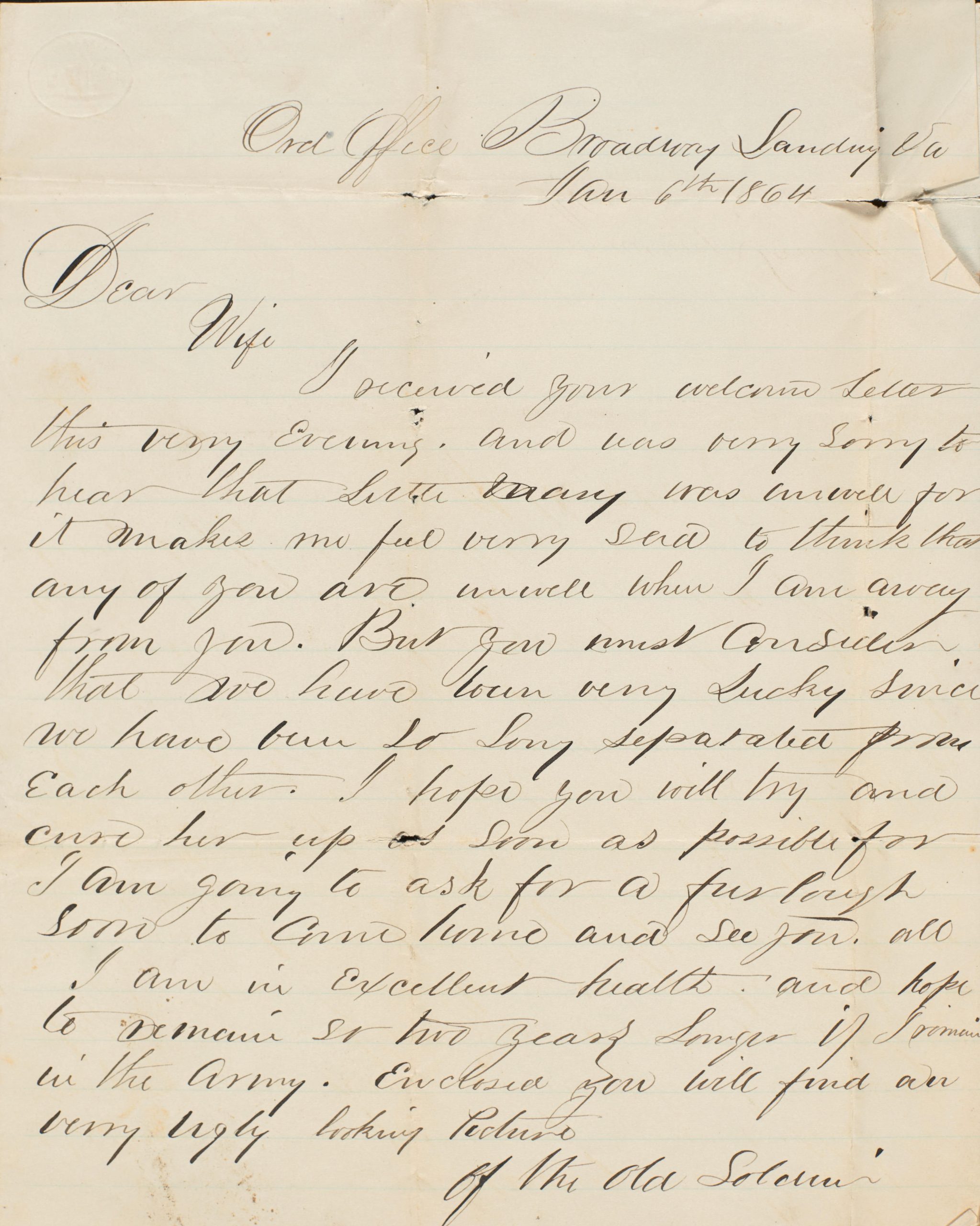Well, hello there! It’s so nice to have you back again. I have a special treat for you today, and—SURPRISE!—it’s not about C-SPAN! Turns out I do have more than one dimension to my personality and I am capable of talking about other subjects. (I know, you’re thinking, ‘well…..we’ll see.’) Allow me to show you.
One of the great things about my job is that occasionally, I get to handle something that’s just really, really cool (not that most historical records aren’t cool, but you know what I mean). Maybe it’s something really old, like the facsimile of an illuminated manuscript from the 15th century. Or it could be something rare, like the logbook of a Coast Guard lifeboat dispatched to the site of not one, but two ships which had broken in two off the coast of Massachusetts. Perhaps it’s even something famous, like the handwritten account of the first doctor on site after Abraham Lincoln was shot. In the world of digitization, these excitements can be hard to come by, mostly because we don’t spend a lot of time perusing records for content, being focused as we are on the process of speedy digital conversion. But when I do get the chance to slow down and immerse myself in a story, it’s like stepping into history for a moment.

I don’t look this cute when I takes trip into the past
I recently got to do that when I was working on digitizing the letters of Collis S. Hough, a new acquisition for the Special Collections Research Center. Hough was a Civil War soldier, who fought with the First Connecticut Artillery Regiment in the Union Army. During his several years in the War, his faithful letters to his wife, Harriet, at home gave insight into the life of a Civil War soldier—the relatively tolerable, the pretty bad, and the REALLY bad (yeah, there’s not a lot of sunshine to be found in warfare). And, because we not only digitized the letters, but transcribed them for you (that means you don’t have to decipher a lot of misspellings in 19th-century handwriting, so congrats), they are now an amazing resource for anyone interested in getting a glimpse of his experiences!

So excited to dive in to history
What I love about reading these letters is that there are so many sentiments in them that are relatable, despite the fact that Hough and I are very different individuals living in very different times. But, at the end of the day, Collis Hough was a regular human being, separated from his family to fight in a seemingly endless war. For instance, he expresses genuine love for his family. His affection for them is clear—he writes that he “thinks of [them] every hour in the day.” One beautiful, emotionally devastating letter includes the heartfelt promise that “Although we are separated in person, yet you and the children are never absent from my thoughts and it is my continual practice to recommend you to the care of that Being whose eyes are on all his creatures and to whom the secrets of all hearts are open.” The father of two young daughters, he almost always ends his letters with “kiss the babies for me” (cue the tears).
Sometimes, Hough spends letters reporting on family friends who have died, or entire companies of men who marched off to battle and haven’t been heard from since. The realities of his experiences are bleak, even more so when he speculates the War will end within six months, even though you know it’s only 1863 and they have two more years of fighting ahead. Occasionally, these reports turn into anger—in one instance, he writes “This last battle has been an awful slaughter. I suppose you have all heard of the Battle of Fredericksburgh where twenty thousand men have been either killed or wounded all for a few men in Congress.”

One of the digitized Hough letters
He doesn’t have a lot of kind words for the Confederate soldiers either, in one letter giving his impressions of them: “The Southern Confederacy is pretty much played out by the looks of [their] soldiers for they are the Dirtiest looking fellows I ever see…I have been through [their] camps and seen [their] style of living and it is enough to kill one to look at [their] filthy Quarters.” To be fair, from his descriptions, it does sound pretty bad.
And then, there’s the everyday updates—changes of location, concern about pay, complaints about food—those types of topics that you probably didn’t spend any real time on in school. Thanks to ordinary people, like Hough, writing letters or journals of their lives, their records are now part of the narrative.
It’s fascinating to learn about the Civil War from the perspective of someone who was actually there. Not only does it reinforce that events like that actually happened outside of some history textbook you read in middle school, it also reminds you that the people who lived those events were often just like you and me. Living through war was heartbreaking, confusing, full of dashed hopes and uncertain futures, and economically devastating. He, like all of us probably would, clung to his family and the hope of seeing them again to make it through the darkest days.

There’s so much to learn and enjoy in this collection! If you’re interested in taking a little step into history yourself, check out the Collis S. Hough letters and their full transcriptions right here!
Follow SCRC on Social Media and look out for future posts in our Travel Series on our Facebook, Instagram, and Twitter accounts. To search the collections held at Special Collections Research Center, go to our website and browse the finding aids by subject or title. You may also e-mail us at speccoll@gmu.edu or call 703-993-2220 if you would like to schedule an appointment, request materials, or if you have questions. Appointments are not necessary to request and view collections.

